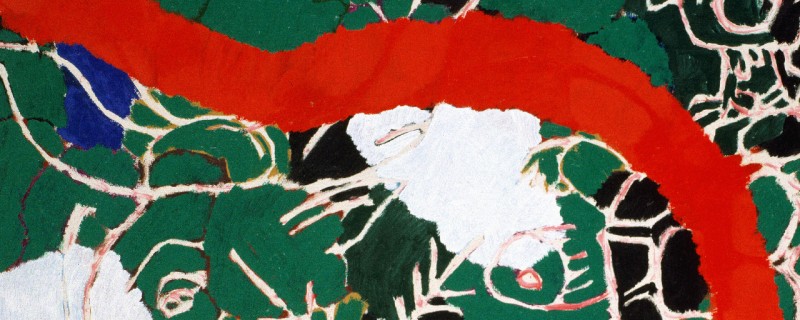
Education
This year, the Art of Education project changed its format from an annual conference to study trips, to which we invited educators from all over the country. Several dozen people took part. We visited our partners in Szczecin, Gdańsk, Elbląg, Koszalin, Słupsk and Ustka. We also had a day of rest at workshops led by artist Elżbieta Jabłońska and educator Amina Olszewska in the legendary open-air studios of Łazy. The trips resulted in wonderful exchanges: in Szczecin, we learned about grassroots social, educational and exhibition initiatives. Our hosts in this city were Małgorzata Różańska and Sylwia Starkowska from the Baltic Contemporary Art Gallery, and a few months later we took part in Dobro-stan, organised by them (together with Agnieszka Kilian). In Elbląg, we had the opportunity to attend the opening of an exhibition crowning the #OtwartaGaleria educational project at the EL Gallery Art Centre. As part of an exchange with the Łaźnia Centre for Contemporary Art in Gdańsk, we felt the ferment of Gdańsk's artistic community, and the local Educational and Social Programmes Team paid us a return visit.
Thanks to this exchange of practices, experiences and reflections, we learned about diverse projects based on openness and community, in many cases going beyond the framework of traditionally understood education.
The Art of Education is a series of annual methodological conferences on broadly understood culture and social activities in curricula and opportunities for cooperation between schools and public and non-public cultural institutions (including local government cultural institutions and non-governmental organisations) in the creation of educational projects. The first conference took place in 2013.
The Art of Education is once again setting off on a tour of Poland! This time, we want to initiate a several-year cycle called We Learn from You and create a map of important and interesting educational projects that are being developed throughout the country. The Art of Education is primarily a meeting place for people involved in the cultural education of children and young people, both formal and informal. Teachers, pedagogues, educators, animators and artists take part in these meetings. We create a space for conversation, discussion and the exchange of experiences. The main theme will be local conditions and work in specific places, as well as the challenges that educators face in this context. The conferences are not only an opportunity for mutual inspiration and networking, but also for establishing relationships that can develop into joint projects. They also reinforce the belief that culture is an essential tool for functioning in society.
This year, we visited Szczecin, Gdańsk, Elbląg, Koszalin, Łazy, Słupsk and Ustka.